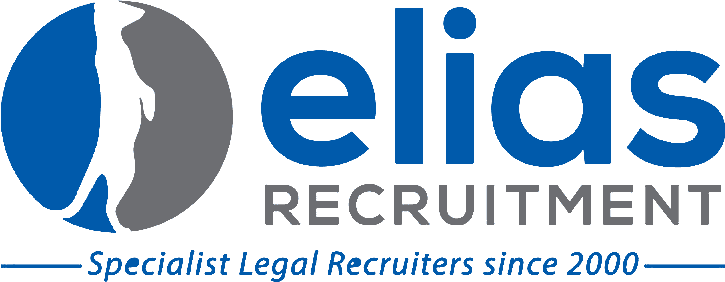Recruitment season is fast approaching. If you’re looking to make your next move this year, it’s prime time to sharpen or ‘smarten’ your resume! Here are four tips to ensuring your resume gets noticed by recruiters and potential employers.
1. Highlight your accomplishments, recent projects, publications
Lead with your accomplishments, especially if you have a recent project experience relevant to the role for which you are applying. Include any awards, commendations or industry publications – highlight your expertise in an area relevant to that role and you will stand out from other applicants.
List your education/ qualifications, including degrees and graduating year, practising certificate, dates of admission and jurisdictions.
2. Don’t forget the selection criteria
Selection criterias are listed for a reason, so don’t neglect them from your application. Wherever possible, tailor your resume to reflect the specified criteria. Note relevant skills or experience, and focus on demonstrating achievements in your recent position that match the role requirements.
Leave any material which may be the basis of discrimination, unconscious or otherwise – for example, date of birth, marital status, children or religion.
3. Make it an easy read
The worst resumes are a nightmare to read. Poor formatting, too much text, an absence of headings, or lack of clarity around what you did in each role make for a quick trip to the bin. As a rough guide, ask yourself, can your resume be read in 2 minutes or less? Would a total stranger understand what value you brought to each role, your strengths and your achievements? If you’re unsure, run your resume by friends or family who are less familiar with your career or industry, and ask them to describe what you do based on your resume. In terms of length, aim for 3-4 pages.
A classic resume format to follow is available here.
4. Explain any absences or short stints – and don’t embellish
Red flags pop up for unexplained leaves of absence and unusually short placements in a series of roles. While innocuous, these resume gaps may suggest underlying issues with colleagues or managers or an inability to focus and settle into a role. If you took extended time off, be up front about the reason – whether it was a career break, to assist with an ill family member or a business venture, it’s best to tackle the issue rather than allow employers to come to their own conclusions and prematurely rule you out.
Whatever you do, don’t lie. Not only does it damage your credibility with your prospective employer, it may affect your overall reputation with future employers.
Keen to tune up your resume for a new role? Contact us via email or phone (02) 9555 5711 for tips or a career chat.

